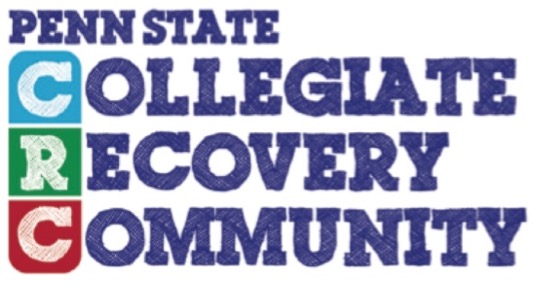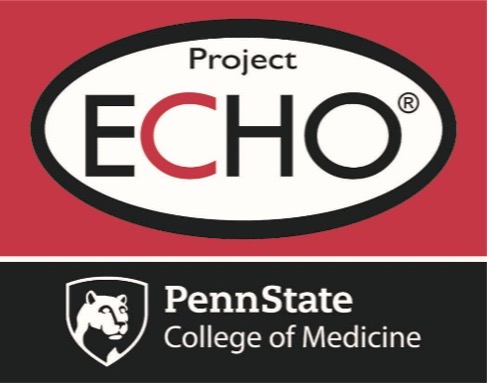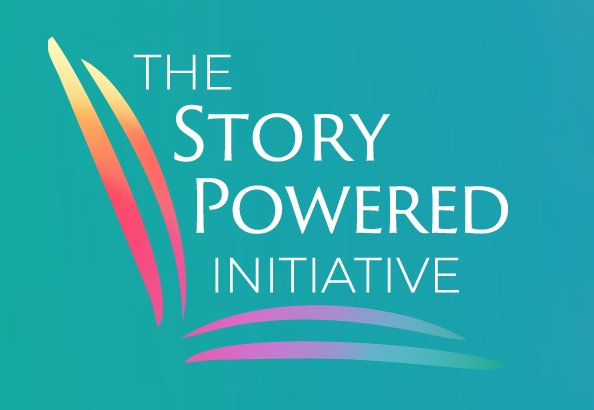WPSU Penn State
WPSU Penn State is a public media member station of the Public Broadcasting Station and the National Public Radio. WPSU Penn State is a service of Penn State Outreach, supporting the community as a trusted source for news, information, and education.
Battling Opioids
By WPSU
As part of an effort to increase awareness and reduce stigma around opioid use, Pennsylvania PBS StationsWHYY (Philadelphia),WITF (Harrisburg), WLVT/PBS39 (Greater Lehigh Valley), WPSU (State College), WQED (Pittsburgh), WQLN (Northwestern Pennsylvania), and WVIA (Northeastern Pennsylvania) are working together to produce educational programming that focuses on the opioid crisis and its impact. This statewide project includes numerous radio broadcasts, podcasts, videos, community events, and other reports about the opioid crisis in Pennsylvania.
Overcoming an Epidemic: Opioids in Pennsylvania Podcast
By WPSU
Produced by WPSU Penn State, Overcoming an Epidemic: Opioids in Pennsylvania, is a podcast series that examines what researchers, communities, and government agencies are doing to try to treat and prevent opioid use disorder. Listen to the seven episodes with WPSU reporters Emily Reddy, Anne Danahy, and Min Xian here.
Collegiate Recovery Community
The Penn State Collegiate Recovery Community (CRC) is a program of Student Affairs located at the University Park campus that supports students in recovery from alcohol and other substance use disorders by providing support for major lifestyle changes, a commitment to help students in recovery achieve success at Penn State, and a community that reinforces healthful and sustainable habits of mind, body, and spirit. For more information about programming and ongoing support, please contact Jason Whitney.
Dauphin County HOPE (Heroin and Opioid Prevention and Education)
Dauphin County HOPE is designed to foster understanding of opioid use disorder for individuals and their families, treatment providers, organizations, potential donors, researchers, and the public. Penn State Harrisburg teams with the Dauphin County Drug and Alcohol Services staff, its Advisory Board, and other community organizations to compile timely information and connect those seeking help with available resources. For more information, please contact Michael Behney.
EPIS (Evidence-based Prevention and Intervention Support)
EPIS is a university-based intermediary organization connecting research, policy, and real-world practice to improve outcomes for children and families across Pennsylvania. EPIS supports the dissemination, quality implementation, sustainability, and impact assessment of a menu of proven-effective prevention and intervention programs and conducts original translational research to advance the science and practice of evidence-based prevention. For more information about EPIS, please contact Janet Welsh.
Pennsylvania Coordinated Medication-Assisted Treatment (PacMAT)
The Pennsylvania Coordinated Medication-Assisted Treatment (PacMAT) program, funded by a grant from the Pennsylvania Governor’s Office, is creating a system to ensure that individuals in south central Pennsylvania with opioid use disorder receive the medically assisted treatment they need. For more information, please contact Max Crowley or Glenn Sterner.
PROmoting School-community-university Partnerships to Enhance Resilience (PROSPER)
PROSPER, or PROmoting S chool-community-university Partnerships to Enhance Resilience, supports the delivery of evidence-based programs for middle-school students and their families. PROSPER is backed by science: our partnership approach to implementing evidence-based programs has been tested and proven to help prevent alcohol and other substance use, aggression, and delinquency by giving kids and parents the skills they need. PROSPER was designed by scientists at Penn State and Iowa State Universities in 2001. Penn State continues to deliver PROSPER programs across Pennsylvania’s communities today. PROSPER partnerships between schools, communities, and Penn State guarantee that communities and schools are supported so that the prevention programs received by kids and their families are high quality, every time. For more information, please contact Janet Welsh.
Project ECHO (Extension for Community Healthcare Outcomes)
Housed in the Penn State Clinical and Translational Science Institute, Project ECHO is a collaborative care model aimed at practice improvement, in which providers retain responsibility for patients and operate with increasing independence as skills and confidence grow. Through holding virtual sessions with specialists and community providers, participants collaboration to discuss patient cases and develop recommendations for case. Project ECHO supports knowledge networks in many topics including Medication for Opioid Use Disorder. For more information, please contact Jennifer Kraschnewski.
The Story Powered Initiative (formally Share Your Opioid Story)
The Story Powered Initiative is a newly relaunched nationally focused initiative that addresses stigma and discrimination through sharing individual stories. Founded and led by Glenn Sterner, assistant professor of criminal justice at Penn State Abington and Consortium on Substance Use and Addiction (CSUA) affiliated faculty member, the initiative is an expansion of the Share Your Opioid Story initiative, which primarily addressed stigma surrounding opioid use and the opioid epidemic. The Story Powered Initiative is one of many efforts of the Substance Use Stigma Reduction Collaborative, a working group within CSUA. Led by Sterner and Jennifer Murphy, program chair and associate professor of criminal justice at Penn State Berks. For more information, please contact Glenn Sterner.









